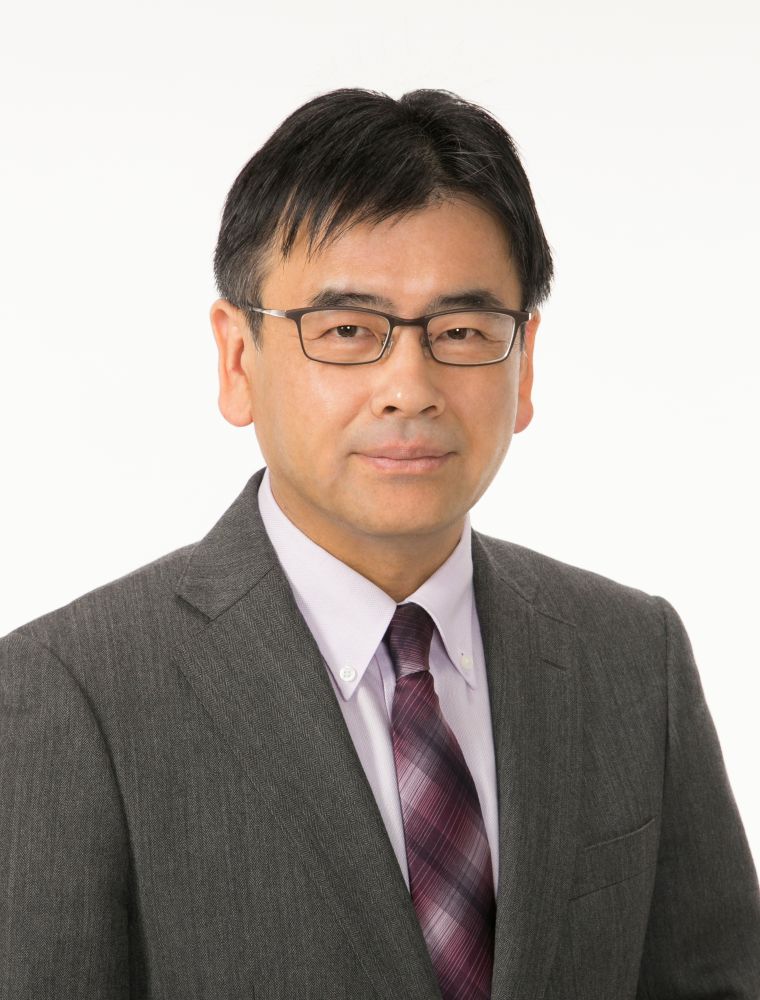Greeting from the President

Hiroaki Kobayashi
I am Hiroaki Kobayashi, and I have taken over as the 5th term president, following former presidents Taeko Nagasawa and Norimune Kawai.
The Japan Society for Stuttering and Other Fluency Disorders was established in 2013 as an evolution of the “Meeting to Talk About Stuttering,” which began in 2003. In 2025, we will mark our 13th year. At the first annual conference held upon the society’s founding, more than 200 participants attended. Since then, membership has steadily grown, and we now have approximately 500 members.
A distinctive feature of our society is that speech-language-hearing-therapists, physicians, teachers, psychological professionals, and other specialists involved in support, as well as individuals who stutter and their families, engage in discussions and exchanges on an equal footing. This is a major attraction that sets us apart from other academic societies. Furthermore, we actively promote intergenerational exchange by introducing a “Junior Membership” category for students under 18 who are interested in stuttering.
According to our bylaws, the purpose of the society is “to advance and develop clinical practice through research on stuttering and other fluency disorders, and to improve the quality of life (QOL) of people with these conditions.” To achieve this goal, we hold an annual conference in summer, publish the journal Stuttering and Fluency Research, and organize clinical training workshops. In addition, we co-host awareness activities with the National Liaison Council of Stuttering Associations on October 22, International Stuttering Awareness Day, and provide general information through our website. We also engage in a wide range of initiatives, such as creating clinical guidelines for stuttering, revising guidelines for early childhood stuttering, and conducting surveys on reasonable accommodations in universities.
Looking ahead, we aim to further develop and enhance these activities, strengthen academic information dissemination through platforms such as J-STAGE, and create more opportunities for students, young researchers, clinicians, and individuals who stutter to thrive—for example, by introducing awards for presentations at our conferences. Through these efforts, we hope to build a platform where clinicians, researchers, and individuals who stutter can engage in passionate discussions across generations and roles.
I sincerely ask for your continued understanding and support.
5th Term President: Hiroaki Kobayashi

